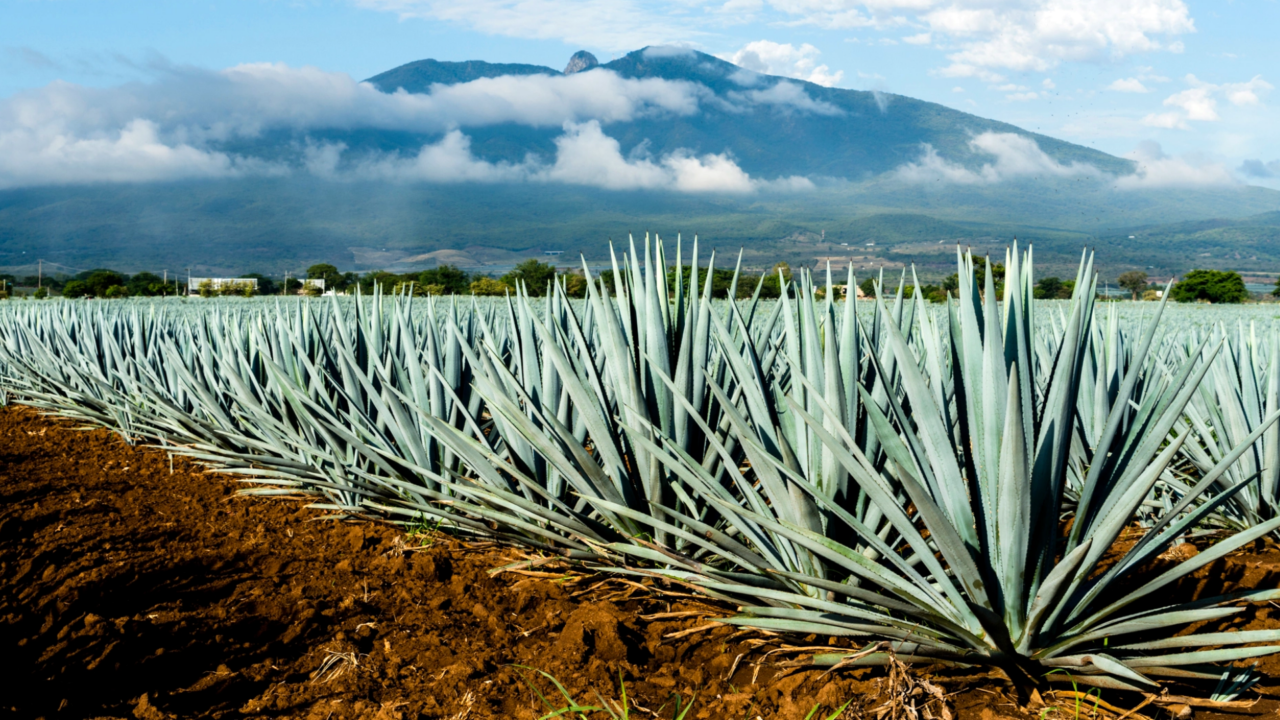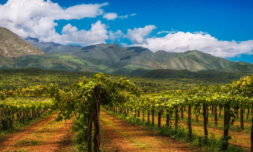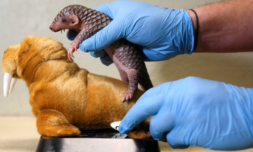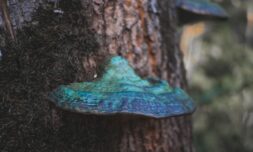Making tequila and mezcal requires agave syrup extracted from a virtually climate-resistant plant. But the only animal that pollinates this special plant is rapidly disappearing as its natural habitat and food sources succumb to a warming world.
It’s Friday and you know what that means.
Millions of people will be heading out to their local watering hole for happy hour, with many choosing to sip on the popular and delicious margarita.
You might think there’s no way climate change could threaten to take tequila-based cocktails off the menu, but this could very well be the case sometime in the near future.
The Weber Azul plant, which provides the agave needed to make tequila and mezcal, is grown in the dry deserts of Central America. It is known commonly as the Blue Agave plant.
These plants have the capability to thrive in especially harsh climates with little to no requirement for water, but unpredictable weather and land degradation are starting to threaten the animal that pollinates them.
The animal in question is the Mexican long-nosed bat. New research has shown its natural habitats are disappearing and its food sources are starting to dwindle as temperatures rise higher in the region.





















